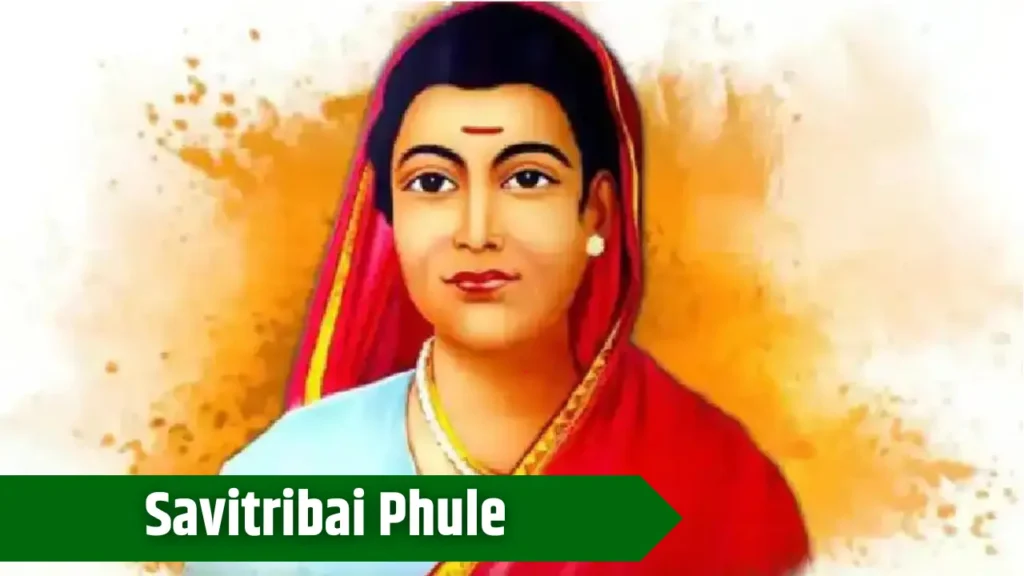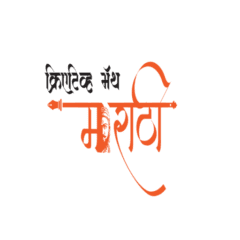Savitribai Phule: Pioneering Education and Social Reform in 19th Century India
Savitribai Phule, born on January 3, 1831, in Naigaon, Maharashtra, India, was a remarkable social reformer and educationist who played a pivotal role in challenging the oppressive norms of her time. Her life journey is an inspiring tale of resilience, courage, and dedication to the cause of women’s rights and education.
Savitribai Jyotirao Phule was born into a family of farmers. Her early years were marked by the societal constraints and gender biases prevalent in 19th-century India. Born into the Marathi-speaking Mali community, Savitribai experienced firsthand the limitations imposed on women during that era.

In a time when education for women was a rare privilege, Savitribai’s thirst for knowledge led her to break societal norms. Jyotirao Phule, her future husband and a prominent social reformer himself, recognized her potential and took it upon himself to educate her. Savitribai became the first female teacher of the first women’s school in Pune, established by Jyotirao in 1848. Her commitment to education went beyond the conventional norms, and she became an advocate for educating not only women but the marginalized sections of society as well.
Savitribai’s marriage to Jyotirao Phule was not merely a personal union; it was a partnership dedicated to social reform. Jyotirao, recognizing Savitribai’s intelligence and zeal for education, encouraged her to join him in his mission to eradicate social injustices. Their marriage, based on mutual respect and shared ideals, became a symbol of progressive thinking in a conservative society.
Savitribai Phule’s career is intertwined with her commitment to education and social reform. The Phule couple worked tirelessly to break down caste and gender barriers. Besides establishing schools for girls, Savitribai also focused on educating the Dalits and other marginalized communities. The couple founded the Satyashodhak Samaj (Society of Truth Seekers) in 1873, promoting rational thinking and opposing the prevailing social hierarchies.



